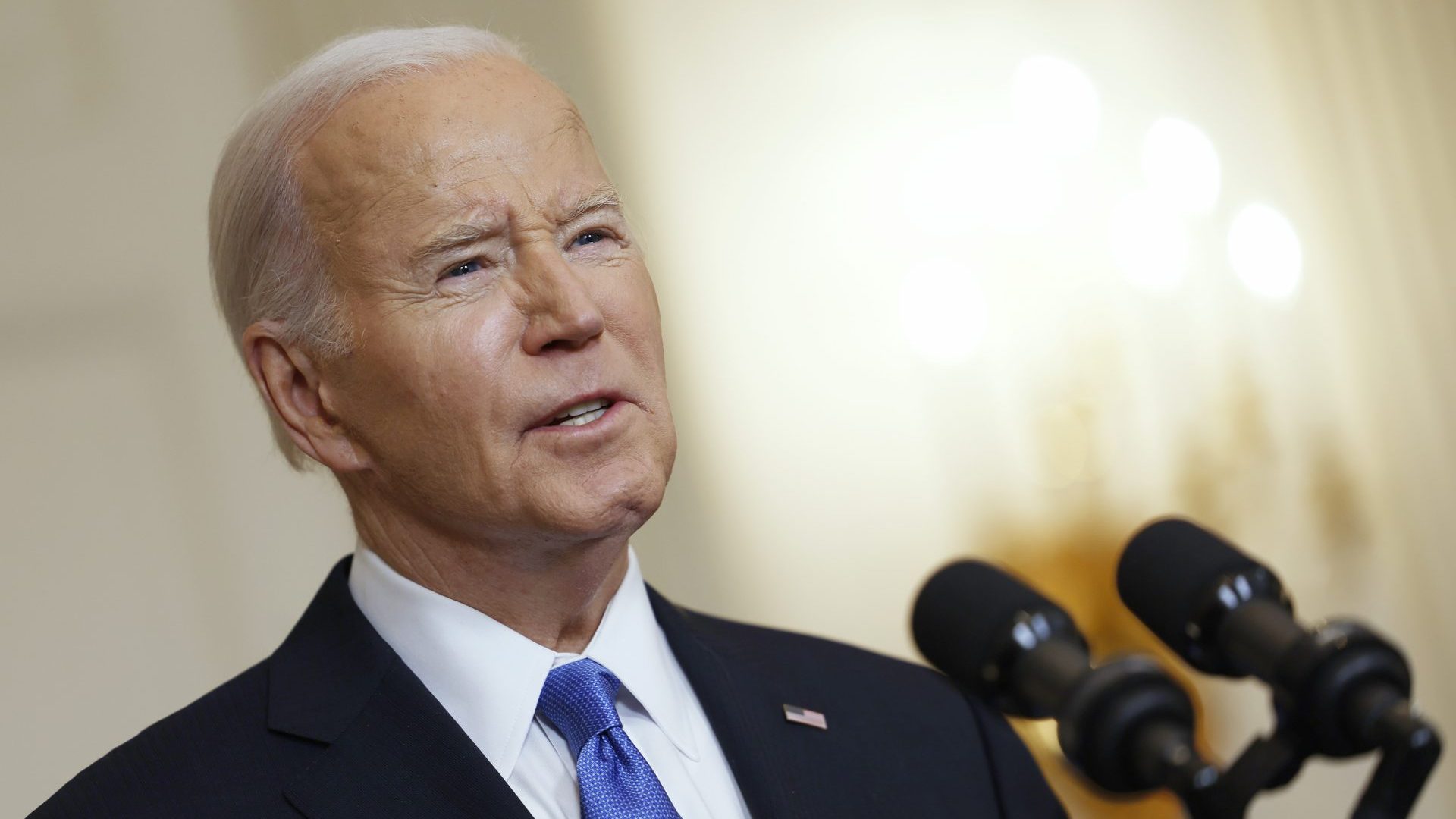Politicians, for fairly obvious reasons, like to look like they’re in touch with regular voters, even though they often have good reasons not to be. Rishi Sunak is a multimillionaire who is more likely to use a helicopter than public transport, while US presidents live in a bubble, cut off from reality by layers of personal security.
As a result, politicians occasionally try to pick out an everyday issue and take some visible form of action on it. The reality of politics is that the big decisions are often complex and hard to explain – complex decisions of economic management or departmental spending. But sometimes something much smaller and simpler can cut through.
This leads to the endless search for the “retail” political offer, which can vary from offering to fund neighbourhood watch patrols, to providing money to tackle fly tippers or fix potholes, or some other relatable gripe. These tend to be policies that won’t change society, and won’t cost a great deal, but which will hopefully connect with voters on the doorstep.
Sometimes, though, these cross over from small but fundamentally reasonable policies into proposals that take voters for idiots, and president Joe Biden very much crossed that line with a video to US voters earlier this month.
Biden had identified an issue that is definitely noticed by voters and which causes annoyance – the phenomenon of “shrinkflation”, the practice by which companies shrink chocolate bars, bags of crisps, or the number of products in a multipack, rather than increase their prices.
Because the consumer gets less of what they want for their money, and because the smaller pack sizes are often not flagged by the manufacturer, politicians like to present shrinkflation as some kind of bad or sharp practice, and promise to take action on it – as Biden did in his video message.
The reality for retailers and food manufacturers is that cost inflation is real: oil prices soared over the last two years, as did fertiliser prices, and lots of raw ingredient costs. That means that the price we pay for the finished product has to increase, given the relatively small profit margins.
An honest political investigation into whether big business is using rising costs as a chance to profiteer would rely on checking whether profit margins had grown, and how much control companies had over that – which could very properly result in a combination of bad headlines or regulatory action against those companies.
In areas where consumers are likely to notice price hikes – or where consumers have tight budgets that can’t handle higher prices – food manufacturers sometimes respond by shrinking pack sizes, so as to avoid raising the sticker price.
Leaving aside that it is somewhat nanny state-ish for the government to dictate whether higher prices or smaller packs are better, there are lots of reasons why forcing companies to highlight pack size changes would fail.
For one, companies don’t do things for just one reason. There are constantly changing guidelines on nutrition and nutrition labelling on food that encourages companies to limit fat, salt, sugar and other substances in particular servings. Some foods simply don’t taste good any more if you remove too much of these things – so if you want less fat, the only way to do it is to offer a smaller portion. If that also helps you manage increasing costs, so much the better.
Joe Biden knows that Congress will never pass legislation on “shrinkflation” during his presidency, and he likely knows that even if Congress did waste its time on such a low-priority bill it would make no meaningful difference to the lives of US consumers.
Instead, he has been convinced by pollsters that by pretending to care about a doomed piece of legislation that would do nothing if passed to address a complex problem, the public will somehow be convinced he wants to help them.
The advisors pushing this view of the public should be ignored. This is politics at its most cynical, assuming voters don’t understand their own best interests. Retail politics need not be like that: voters are genuinely annoyed by, for example, potholes and fly tipping, and funding action on potholes or enforcement against fly tipping actually helps tackle those issues.
When voters gripe about “shrinkflation”, though, they are griping about something fundamentally more serious – both cost of living, and the sense of whether or not corporations are being required to act as good members of society, whether the rules apply to them as well as to us.
Gimmicky videos like Biden’s – though plenty of UK politicians jump on similar bandwagons all the time – do the opposite of telling voters that the politician concerned cares about the issue or cares about voters.
Instead, it says that at least on this occasion they have been persuaded to take the cynical path and talk nonsense in the hope it wins over a vote or two. It is not especially important, given the stakes of the US 2024 election, that Biden wasted his time on this video, but it is telling as a phenomenon.
Once you spot politicians pushing these phoney issues, you cannot stop doing it. Apparently, neither can they. It would be better for all of us if they took the issues and the electorate a little more seriously.












